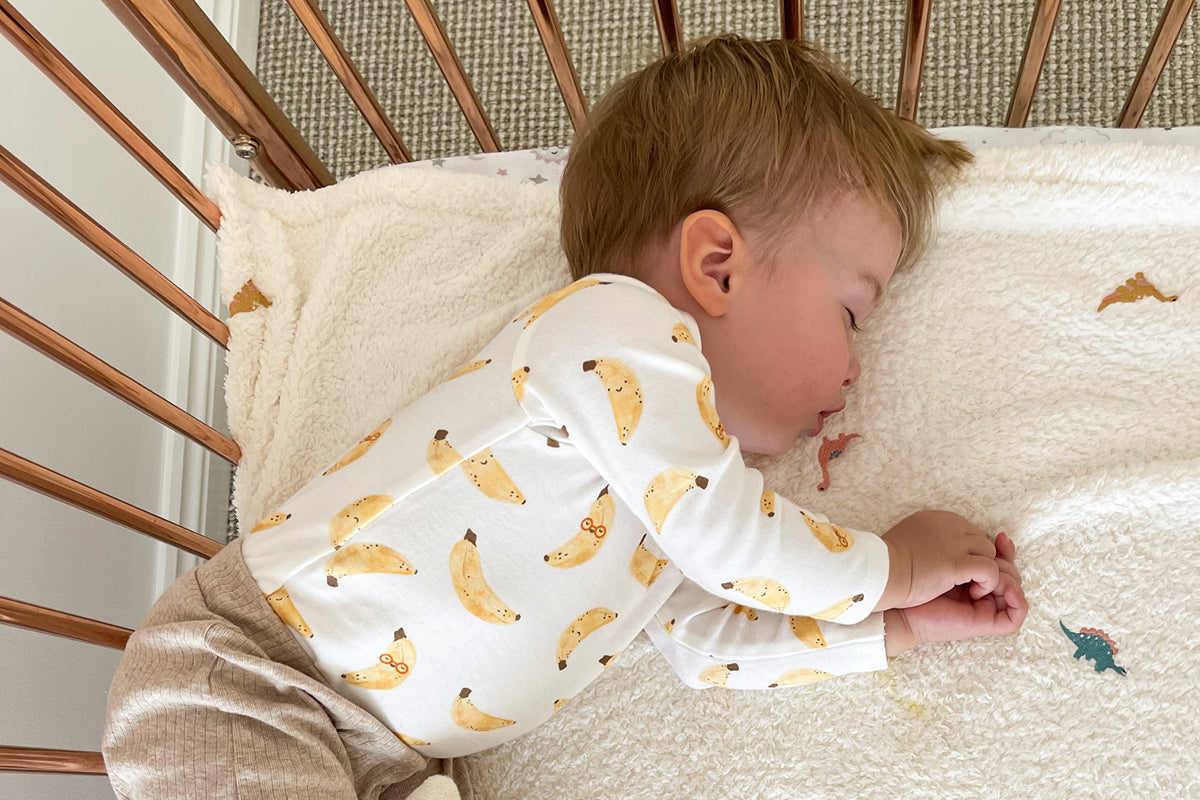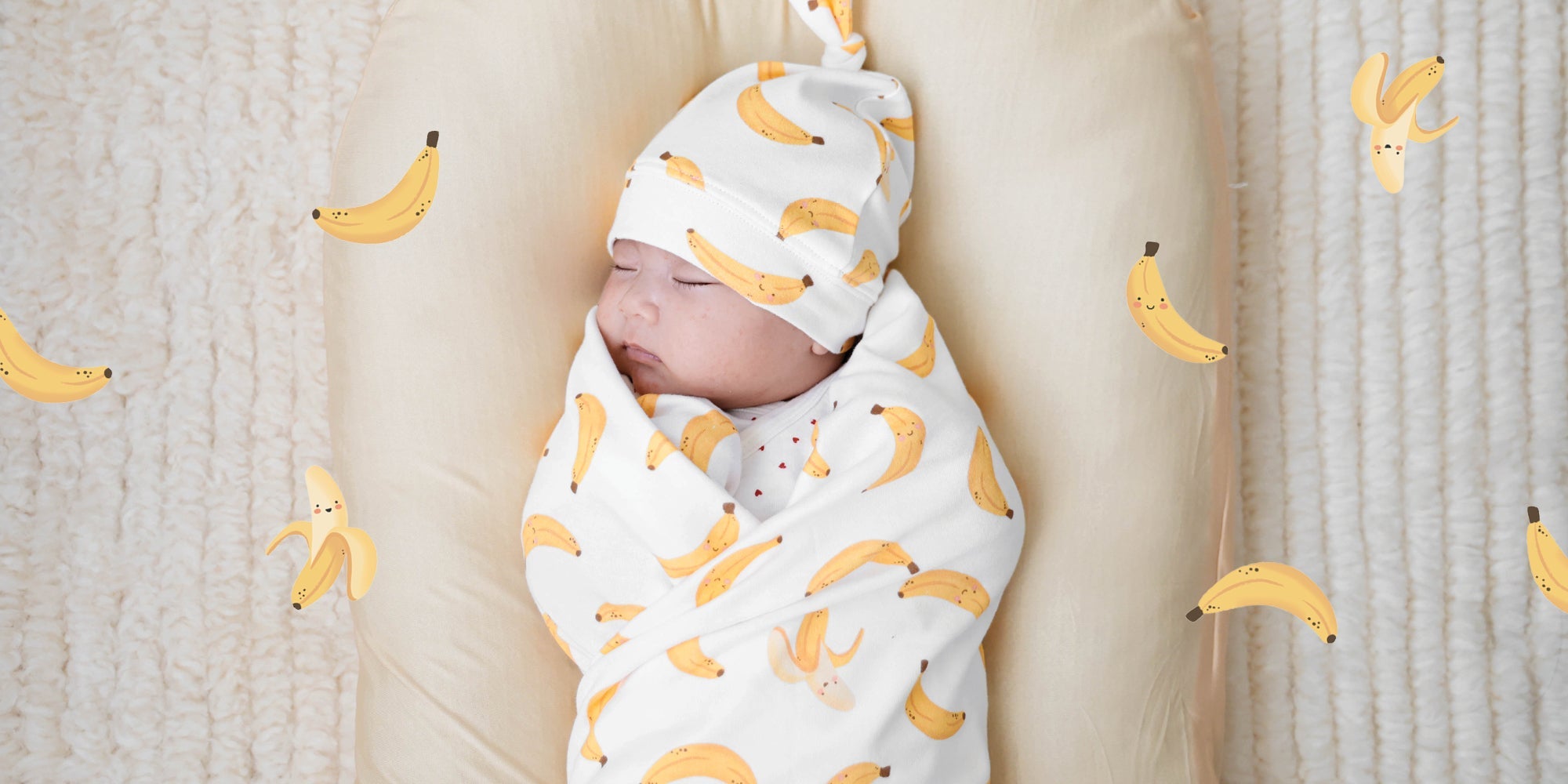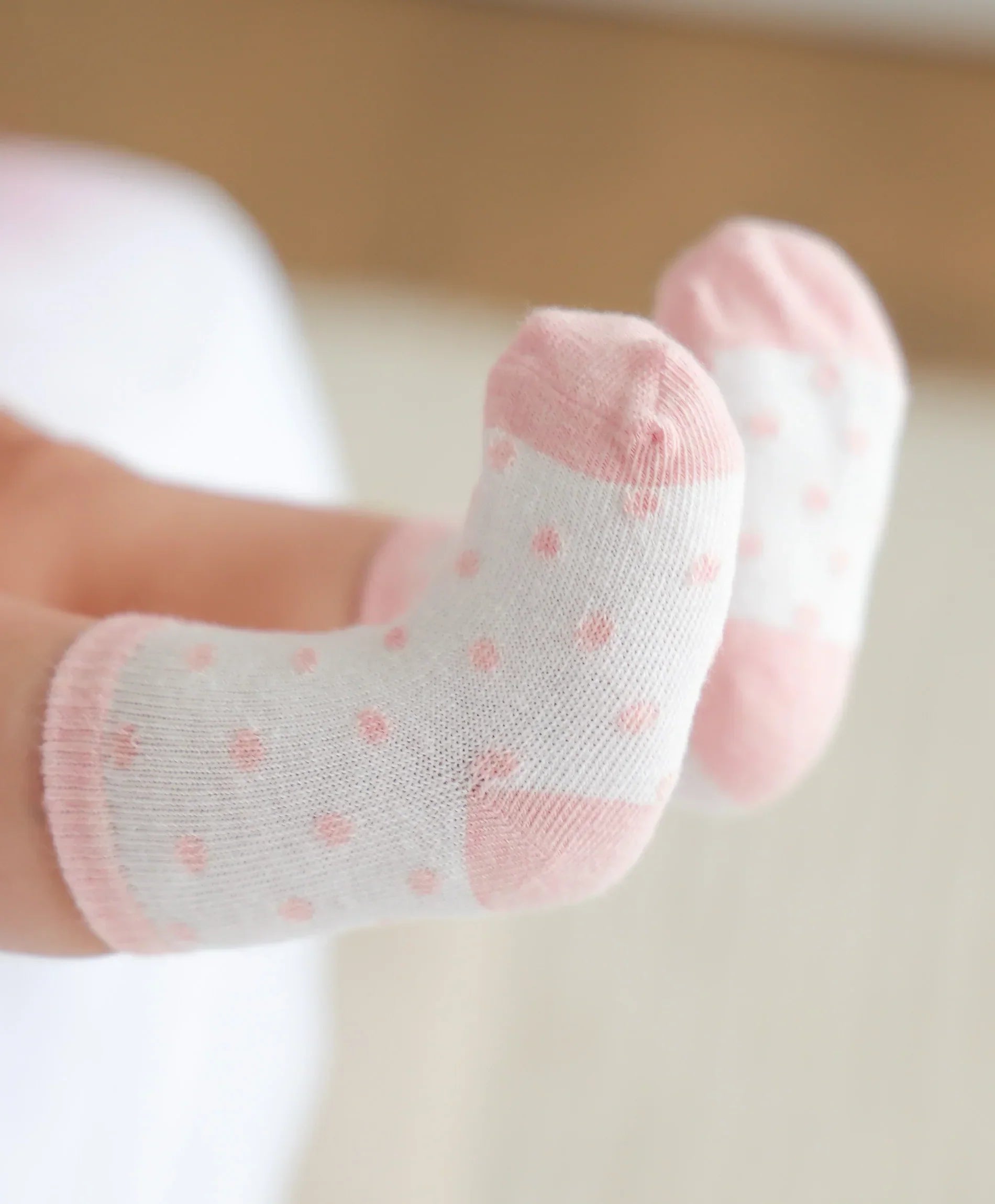Table of content
Factors Influencing Bedding Change Frequency
Ensuring your baby sleeps in a clean and safe environment is a top priority for parents. One common question that arises is: How often should you change your baby's bedding? Let's explore the factors that influence this decision and provide practical guidelines to help you maintain optimal hygiene for your little one.
Several factors determine how frequently you should change your baby's bedding:
- Spit-Up and Diaper Leaks: Babies often experience spit-up or diaper leaks, which can soil the bedding. In such cases, it's essential to change the sheets immediately to maintain cleanliness and prevent skin irritation.
- Seasonal Considerations: During warmer months, babies may sweat more, leading to damp sheets. Increased humidity can also promote bacterial growth, necessitating more frequent changes.
- Health Conditions: If your baby is unwell or has allergies, maintaining a pristine sleeping environment becomes even more crucial.
General Recommendations
While individual circumstances vary, here are some general guidelines:
- Routine Changes: Aim to change your baby's bedding at least once a week. This routine helps maintain a clean environment and reduces exposure to potential allergens.
- As Needed: In instances of spills, spit-up, or diaper leaks, change the bedding immediately to ensure your baby's comfort and hygiene.
Tips for Managing Baby Bedding
- Invest in Multiple Sets: Having several sets of sheets on hand allows for quick changes without the need for immediate laundering.
- Use Mattress Protectors: Waterproof mattress protectors can shield the mattress from spills and stains, extending its lifespan and maintaining hygiene.
- Establish a Laundry Routine: Regularly washing bedding with gentle, baby-friendly detergents helps maintain cleanliness without irritating your baby's sensitive skin.
Additional Considerations
- Pillow Care: If your baby uses a pillow, it's essential to wash it periodically. Regular washing helps eliminate dust mites, bacteria, and fungi accumulated inside the pillows. It's recommended to wash bed pillows every season. Most pillows, excluding memory foam, buckwheat, and "dry clean only" types, can be cleaned in a washing machine on the gentle cycle.
- Temperature Settings: Contrary to popular belief, bed sheets do not need to be washed at 60°C or higher to remove bacteria; a lower temperature of 40°C is sufficient. This not only effectively removes dirt and body oils but also conserves fabric quality and energy.
By understanding these factors and implementing a consistent bedding change routine, you can ensure your baby enjoys a clean, comfortable, and safe sleeping environment.Note: The information provided is based on general recommendations. Always consider your baby's individual needs and consult with a pediatrician for personalized advice.
Check out our Cot Sheet range and find the best one for your baby.
External Authoritative Sources:
- National Sleep Foundation: Provides guidelines on sleep hygiene and bedding maintenance.
- American Academy of Pediatrics: Offers recommendations on safe sleep practices for infants.
- Centers for Disease Control and Prevention (CDC): Shares information on household hygiene and preventing infections.










